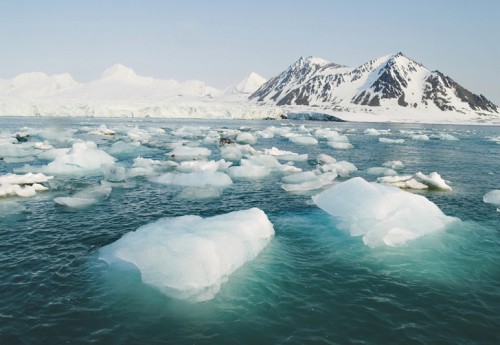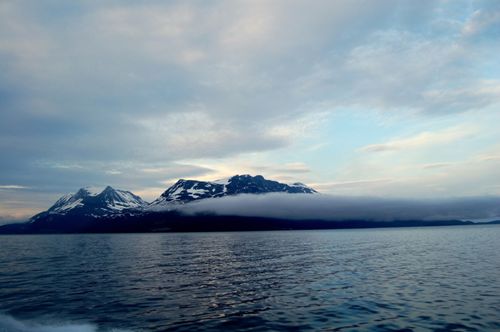10 Facts about Arctic
Facts about Arctic tell about the polar region in the world. The word is derived from the Greek word, arktikos. The meaning is bear. It is named arctic because the Great Bear Constellation can be spotted on the northern sky. The Arctic Ocean occupies most parts of the Arctic region. The ice sheets are varied based on the season.
Facts about Arctic 1: the areas
The area encompasses the parts of Alaska, Arctic Ocean, Greenland, Canada, Sweden, Russia, Norway, Iceland, Russia, and Finland. Get facts about Alaska here.
Facts about Arctic 2: the temperature
The warmest month of Arctic is in July. It has the temperature around 50 degree F or 10 degree Celsius. The lowest temperature ever recorded in Arctic is -90.4 degree F or -68 degree C in Siberia.
Facts about Arctic 3: Antarctica
Let’s compare Arctic with another polar region of Antarctica. Which one is colder? Of course, Antarctica is colder than the Arctic. During the winter months, you can enjoy 24-hour darkness. During the summer season, you can enjoy the all day sunshine. Find out Antarctica facts here.
Facts about Arctic 4: the life
There are various kinds of organisms living in the arctic. Those are the marine mammals, phytoplankton, zooplankton, fish, plants, land animals and birds. Human beings also live here.
Facts about Arctic 5: the plants
The plants in Arctic form the tundra. You can find the graminoids, dwarf shrubs, mosses and lichesns growing closer to the ground. You can find no tree in the arctic. But you can find the shrubs which can grow until 6 feet in the warmest area of Arctic.
Facts about Arctic 6: the Arctic Ocean
The Arctic Ocean is very vast. The total area is more than the European area. It spans on the area of 5.4 million square miles.
Facts about Arctic 7: the melting ice sheets
People should be aware with the global warming. If the temperature of earth is increased from time to time, the ice sheets in Arctic will melt. The global sea level will be increased by 24 feet if all sheets of ice in Arctic melt. On the other hand, if the ice in Antarctic melts, it can enhance the global sea level by 200 feet.
Facts about Arctic 8: grey whales
You can find out a nice view of grey whales every year. They often migrate from Arctic to Mexico by reaching the distance of 12.500 miles.
Facts about Arctic 9: the herbivores
There are some herbivores living here such as caribou, lemming, arctic hares and muskox.
Facts about Arctic 10: the natural resources
People can get freshwater, minerals, oil, gas and fish as the natural resource in Arctic.
Are you satisfied reading facts about arctic?






